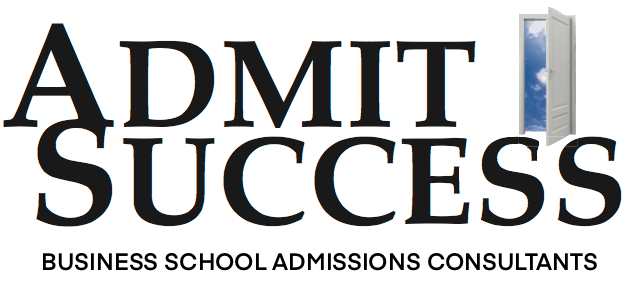What Matters Most to You and Why?
My cheeks were raw from the cold, my legs were numb, and my fingers gripped a rotting cardboard sign. When a woman hastened her step, gluing her eyes to her iphone as she passed me on the sidewalk, I felt what Bob Jones, Director at the National Coalition for the Homeless, had told our group before our homelessness immersion began.
“The hardest part of homelessness is not the lack of food, shelter, or warmth; it is that people no longer look you in the eye. They no longer acknowledge you as a fellow human being.”
The 48 hours that I lived on the streets of Baltimore MD. confirmed the importance of what had long mattered most to me: human dignity.
I was raised in a religious home. While not everything I learned in Sunday school has stuck, the concept of equality—of all people having worth in the eyes of God—has.
My parents’ marriage also had an influence on me. Despite having escaped the small, impoverished Minnesota farm town where he’d been raised, my dad treated my mother the same way his dad had treated his mom. Twenty-four years of verbal and emotional abuse took its toll. Seeing my mom’s loss of dignity overshadow other joys in her life taught me how fundamental dignity is to human happiness and productivity. I am so grateful that my mom is now healing and am motivated to enable others to experience the same change I see in her.
While watching the human trafficking documentary – Call + Response, during my senior year in college, the pixels on the movie screen seemed to shoot through my skin and ignite my insides with passion. I felt the most vehement, large-scale assault on what matters most to me. I had to take action.
After college, I moved to Baltimore to start a job at XYZ Marketing and immediately set out to find others who shared my newfound mission. I was thrilled to discover Stop Modern Slavery (SMS), one of the largest all-volunteer anti-human trafficking groups in the world.
Shortly after joining, I had a discussion with SMS’ Executive Director about how I could use my professional experience building brands to support the organization and cause. He encouraged me to join the Communications Team, which was very receptive to my pitch. At my first meeting, after sharing how framing organizations and issues in fresh, authentic ways can effect lasting social change, I was shocked to both be elected Communications Team Leader and to have garnered enough support to launch a rebranding of the organization and the issue at large. Over the next year, I leveraged the unique abilities of our team members to develop the most robust communications platform in the organization’s history and to lay the groundwork for comprehensive rebranding.
When the Executive Director of SMS stepped down to pursue his MBA, I saw the opportunity to have my greatest impact yet. Developing the talents and leadership abilities of the Communications Team members rekindled a passion I first discovered leading my high school’s student council for empowering individuals and teams to achieve their best work. The opportunity to do this for the entire 1,200-member organization was exhilarating. Though only two organizational teams were active when I started, I identified and developed new leadership such that by the end of my tenure there were 12 active teams and sub-teams achieving our mission through initiatives including the largest anti-slavery walk in the world
By facilitating dignity, we enable people of all backgrounds to live fulfilled lives and make their greatest contributions to our organizations and society at large.
I was successful in my role at SMS in large part because it allowed me to pursue my greatest passion—human dignity—for both our members and for victims of trafficking. Articulating a clear organizational vision and enabling others to see how their specific contributions mattered in achieving that vision were essential to having a real, lasting impact on the lives of those we served. It was an honor to have this success recognized though an award from Courtney’s House, a survivor-led safe house; and through invitations from the Freedom Network (a national anti-human trafficking coalition) and the U.S. Department of State to teach leading practitioners how to mobilize volunteers.
From my parents and childhood faith, to experiences with homelessness and anti-human trafficking, dignity is clearly what matters most to me. I am pursuing a Stanford MBA to increase my ability to lead an organization that facilitates dignity for its employees and our global community. I will graduate equipped to have my greatest impact yet.


